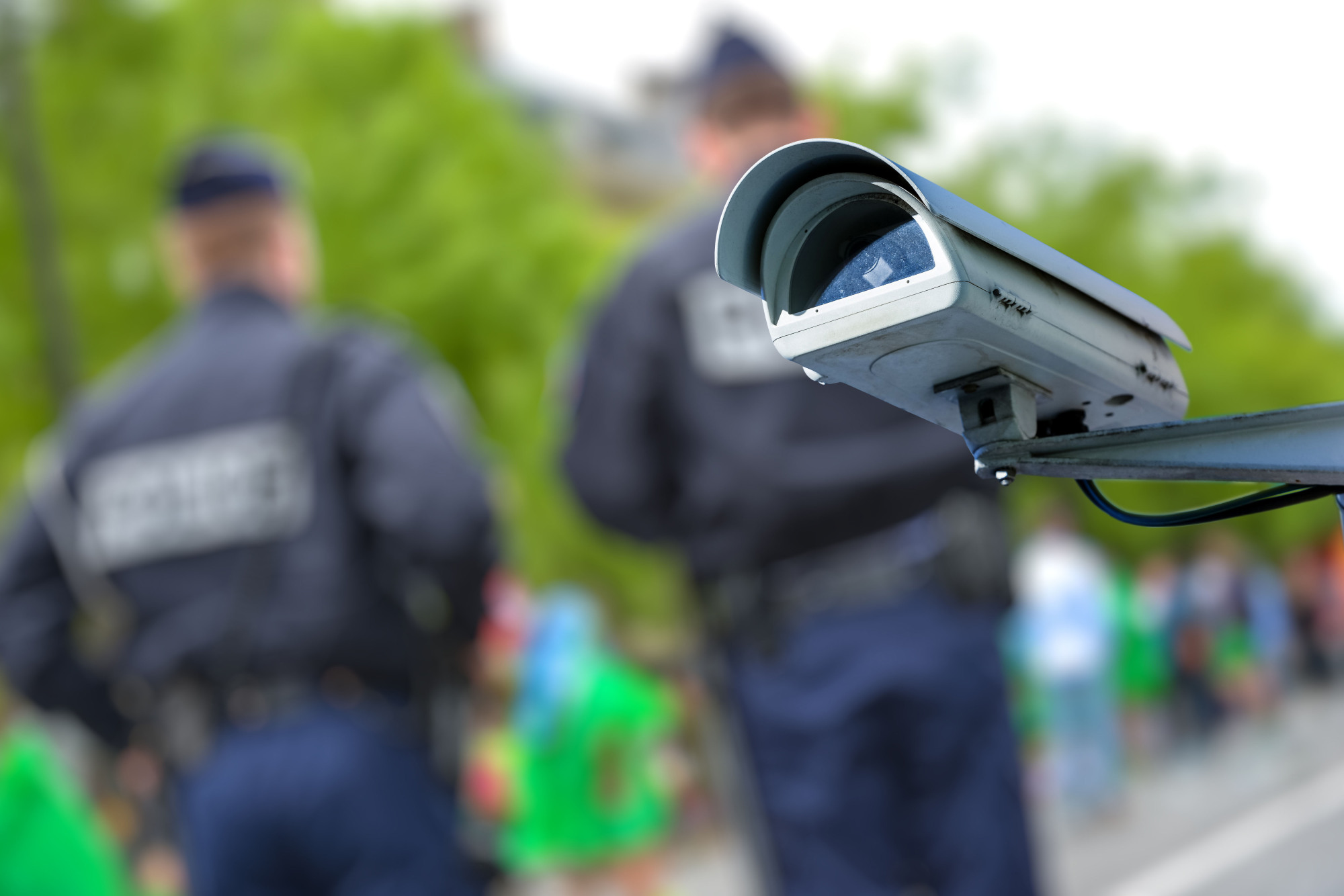Facial recognition has friends in Europe. Live trials of real-time face tracking have taken place over the past year in countries such as the United Kingdom and France, by and large without falling foul of the continent's sweeping but haphazardly enforced data protection laws.
This should be a wake-up call for regulators to act. But the trials also offer a taste of the public safety argument that will be trotted out to defend this intrusive, flawed technology, glamorized by TV shows like "24" to solve fictional terrorist plots.
The example of the French city of Nice, whose Mayor Christian Estrosi has been doubling down on surveillance technology in the wake of a terrorist attack in 2016, is instructive. An experiment with facial recognition at the city's carnival in February — promoted on YouTube as a miracle tool that reunited lost relatives, identified suspicious people and kept the public safe — was recently deemed a success by the mayor's office. No complaints from the people taking part, no false positives and a "100 percent" rate of identification of "persons of interest," according to Le Monde.


















With your current subscription plan you can comment on stories. However, before writing your first comment, please create a display name in the Profile section of your subscriber account page.